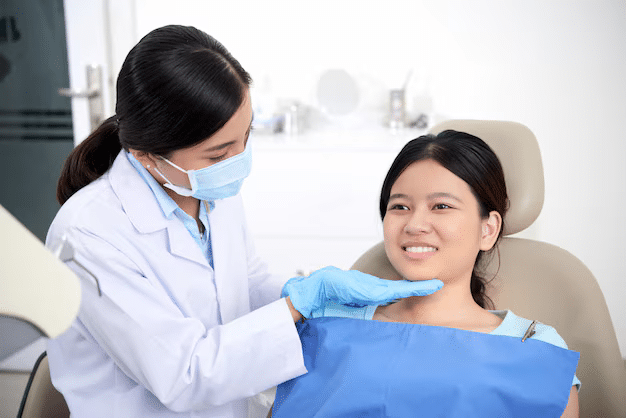Preventive care involves proactive measures aimed at preventing illness, promoting health, and detecting diseases early when they are most treatable. It encompasses a range of services, interventions, and lifestyle behaviors designed to maintain and improve overall well-being.
Key components of Preventive care include:
Regular Health Screenings:
Routine health screenings help identify risk factors, detect diseases in their early stages, and prevent complications. Examples include blood pressure checks, cholesterol screenings, mammograms, Pap smears, colonoscopies, and blood tests for diabetes and other conditions.
Vaccinations:
Immunizations protect against infectious diseases by stimulating the immune system to develop immunity. Vaccines are available for various illnesses, including influenza, pneumonia, hepatitis, measles, mumps, rubella, and human papillomavirus (HPV). Vaccination schedules may vary based on age, medical history, and risk factors.
Healthy Lifestyle Behaviors:
Chronic Disease Management:
Effective management of chronic conditions such as diabetes, hypertension, heart disease, asthma, and arthritis is essential for preventing complications and improving quality of life. This involves regular medical monitoring, medication management, lifestyle modifications, and adherence to treatment plans.
Screening and Counseling for Behavioral Health:
Mental health is an integral component of overall well-being. Preventive care includes screening for depression, anxiety, substance abuse, and other behavioral health concerns. Counseling, therapy, and support services are available to address mental health issues and promote emotional resilience.
Health Education and Promotion:
Regular Check-Ups and Health Assessments:
Routine visits to healthcare providers for preventive health exams allow for the assessment of overall health status, discussion of health concerns, and development of personalized preventive care plans based on individual risk factors and health goals.
By prioritizing preventive care and adopting healthy behaviors, individuals can reduce their risk of developing chronic diseases, enhance their quality of life, and promote longevity. Regular communication with healthcare providers and adherence to recommended preventive measures are essential for maintaining optimal health and well-being throughout life.






